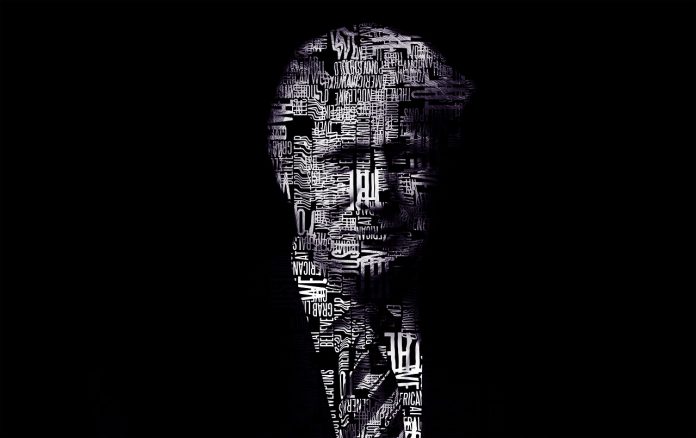The US conflict with Iran has caused several American regulators to warn businesses that the risk of cyberattacks is on the rise.
The relationships between the two countries are at a new low after Donald Trump ordered the airstrike that killed a top Iranian general earlier in January.
As the diplomatic relationships between the two nations continues to be strained, with Ayatollah Ali Khamenei devoting his first Friday sermon in Tehran in eight years to calling the US president a “clown”, American authorities have warned that companies may face a lot more hack attacks in the future.
Homeland Security was first out to warn US companies to “consider and assess” how a cyber assault would affect their business, TechCrunch reported.
Now, the Federal Deposit Insurance Corporation and the Office of the Comptroller of the Currency have issued a joint similar warning due to the increased geopolitical tension.
“In response to the heightened cybersecurity risk facing the financial services industry and other critical business sectors, the FDIC and the Office of the Comptroller of the Currency issued an interagency statement on heightened cybersecurity risk,” said the joint statement. “The statement focuses on risk management principles that can reduce the risk of a cyber-attack and minimise business disruptions.”
The two banking watchdogs encouraged banks “to re-evaluate the adequacy of safeguards to protect against various types of cybersecurity risk.”
However, Iranian cyberattacks are nothing new. In an alert posted on January 6, the Cybersecurity and Infrastructure Security Agency (CISA), the government’s dedicated cyber advisory unit, stated that Iranian actors have been behind several digital assaults in the last decade.
For instance, between 2011 and 2013, Iranian actors launched DDoS attacks targeting the US financial sector.
Moreover, Iranian actors have been indicated in a widespread digital theft campaign that lasted between 2013 and 2017 that targeted 144 American universities, 176 universities in other countries, 47 companies, the U.S. Department of Labor, the Federal Energy Regulatory Commission, the State of Hawaii, the State of Indiana, the United Nations, and the United Nations Children’s Fund.
“Iran has a history of leveraging asymmetric tactics to pursue national interests beyond its conventional capabilities,” said the alert. “More recently, its use of offensive cyber operations is an extension of that doctrine. Iran has exercised its increasingly sophisticated capabilities to suppress both social and political perspectives deemed dangerous to Iran and to harm regional and international opponents.”
Copyright © 2018 RegTech Analyst






